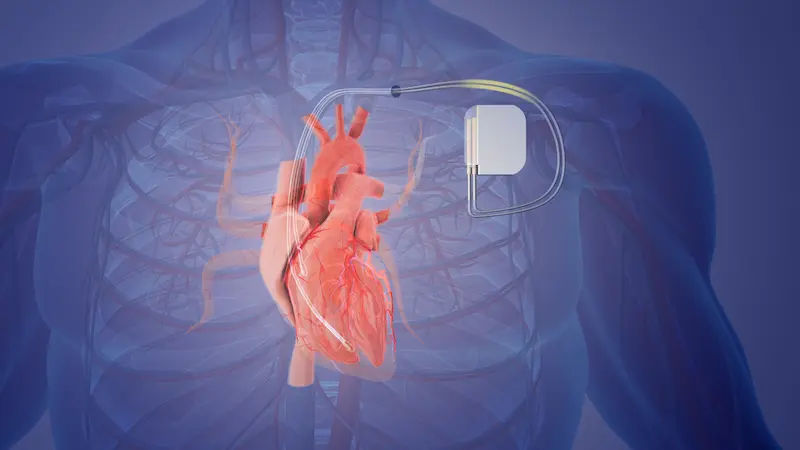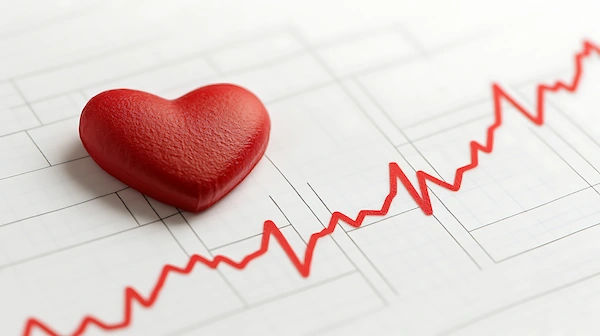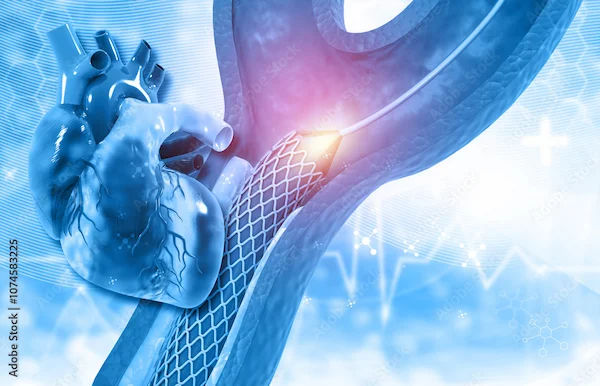- male
- 50 Years
- 22/01/2025
I'm a bit worried about my heart health after my MI last January 2018. I was hospitalized and prescribed Elaxim, but no surgeries or stent were necessary. For the past year and a half, I've been taking Clavix AS 150 and Tonact 80mg, but recently I've been having a pricking pain in my chest and sometimes muscle cramps. I saw another cardiologist who suggested switching to Remetor CV and Nuroking D3 since my vitamin D and B12 levels are low. Are these new meds going to be effective for me? How does my heart compare to someone with a normal heart now? I also did a TMT a month ago and walked for 14.9 minutes. What should I be careful about? I drink occasionally, like once every 15 days, is that okay? I dont smoke. Also, I get anxious trying to tell apart a stomach pain from a heart pain since I panic every time I feel those chest pains. What should I look out for?
Answered by 1 Apollo Doctors
The medications Remetor CV and Nuroking D3 prescribed by your cardiologist are appropriate for your condition, especially considering your low vitamin D and B12 levels. Remetor CV contains a combination of medications to help manage your heart health, and Nuroking D3 will help improve your vitamin D levels. It is essential to follow your doctor's advice and take the shots as recommended to address your nutritional deficiencies. In comparison to a normal person's heart, your heart health may require closer monitoring and specific medications to manage the aftermath of a heart attack. It is crucial to continue taking your prescribed medications, follow a heart-healthy diet, engage in regular physical activity as tolerated, and attend regular follow-up appointments with your cardiologist. Regarding your lifestyle, it is generally safe to consume alcohol occasionally, as long as it is in moderation and does not interfere with your medications or overall health. However, it is advisable to limit alcohol intake and be mindful of any adverse effects it may have on your heart health. To differentiate between gastric pain and heart pain, it is essential to pay attention to the characteristics of the pain. Heart-related chest pain is often described as pressure, tightness, or squeezing sensation that may radiate to the arms, neck, jaw, or back. It is usually triggered by physical exertion or emotional stress and may be accompanied by shortness of breath, sweating, nausea, or lightheadedness. Gastric pain, on the other hand, is typically associated with digestion, may worsen after meals, and can be accompanied by symptoms like bloating, burping, or acid reflux. If you experience chest pain and are unsure of the cause, it is always best to seek medical attention promptly to rule out any serious cardiac issues.
Dr. Ibrahim Suggests...
Consult a Cardiologist
Answered 04/07/2025
0
0

More Cardiology Health Queries
View allI'm really worried because I've been having this chest pain for the last 40 days. It used to be constant, but now it just comes and goes. I feel this heaviness in my left chest, and then it moves to the right. Sometimes there's this sharp pinch that lasts like two seconds, and I'm also burping a lot when I sit down. I've already done an ECG, which I've attached. Can you give me any advice or suggest any medication?
Based on your symptoms and ECG findings, it is important to rule out any cardiac issues. However, considering the description of your pain and symptoms, it could also be related to acid reflux or gastritis. I recommend starting with an antacid medication like **Omeprazole** 20mg once daily before breakfast for at least 2 weeks. Additionally, you can take **Simethicone** for relief from burping. It is important to follow up with your doctor for further evaluation and management.
Answered by 1 Apollo Doctors
I'm really confused because I keep having chest pain, but my tmt, ecg, and echo are all normal. I've had about 20 ecgs, but everything checks out fine. I'm not sure what to do next. Any ideas or advice would be really appreciated.
Thats unusual,visit General Physician for appropriate approach.and maintain balanced diet and healthy lifestyle
Answered by 1 Apollo Doctors
I have a hair transplant scheduled for the 21st but my recent ECG and blood pressure readings were abnormal. My BP was 165/93 and I've attached my ECG report can you take a look? My surgeon advised consulting a cardiologist but I'm worried should I go ahead with the surgery or wait until things stabilize? What do you suggest?
Need to know symptoms
Answered by 1 Apollo Doctors
Disclaimer: Answers on Apollo 247 are not intended to replace your doctor advice. Always seek help of a professional doctor in case of an medical emergency or ailment.




